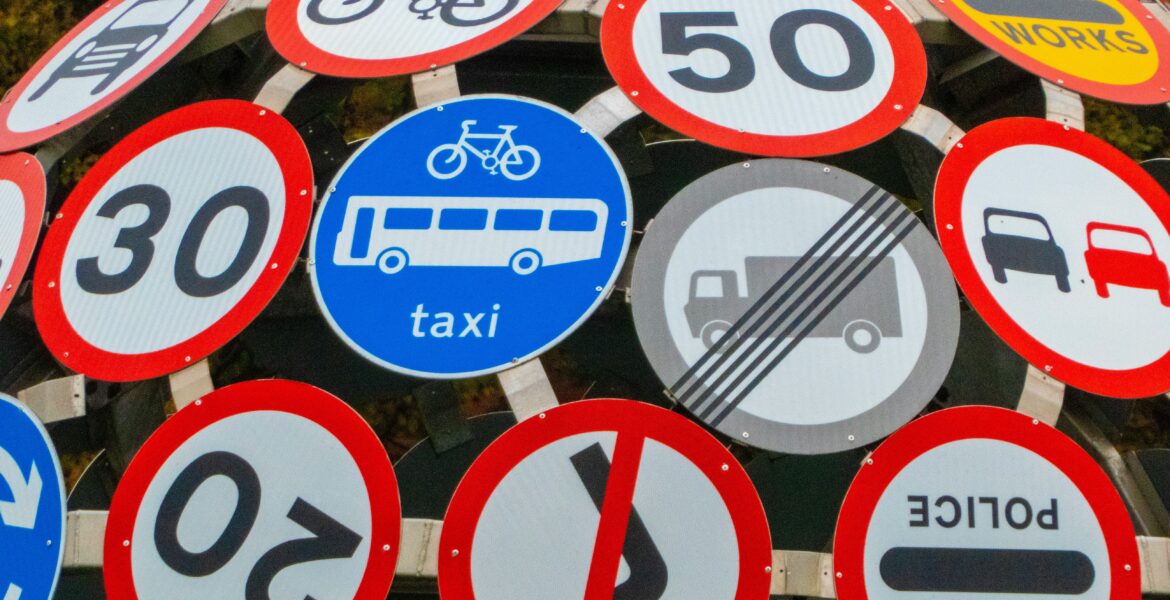Photo by Nick Fewings on Unsplash
The EU and its member states have reached a deal which aims to strengthen EU member state cooperation in the cross-border investigation of traffic offences.
To prevent reckless driving while abroad, the updated rules will expand the list of traffic offences committed by non-resident drivers that trigger cross-border assistance possibly resulting in a fine for dangerous drivers.
In addition to speeding, drink-driving or failing to stop at a red traffic light, EU legislators have added dangerous parking and overtaking, crossing a solid line and hit and run offences, amongst other offences.
The deal on cross-border enforcement of traffic offences has just been agreed.
With approximately 40% of cross-border offences currently going unpunished, MEPs secured more robust assistance procedures between EU countries and an obligation to help find a person liable for a traffic offence.
The deal obliges EU country to reply to this kind request without any undue delay, but not later than two months after it gathered all necessary information.
The EU country where the traffic offence occurred will have eleven months from the date of the offence to issue a traffic offence notice.
MEP Kosma Zlotowski said: “A foreign number plate cannot be a licence for impunity on the road.
“The updated rules will facilitate the exchange of information on road traffic offenders between member states, while ensuring drivers have easy access to the necessary information through digital communication channels.”
Also commenting on the deal between the European Parliament, European Commission and EU Member States, Ellen Townsend, Policy Director of the European Transport Safety Council said: “Letting foreign-registered drivers get away with traffic offences isn’t fair and makes our roads less safe.”
“So it’s great that the EU is not only extending the range of traffic offences that can be followed up across borders but also improving the chances of fines being paid.” ”
“There is still more that needs to be done. We need a way of applying penalty points across borders too. But nonetheless, this deal is a step forward for road safety and the Belgian presidency of the EU deserves a pat on the back for seeing this through.”




